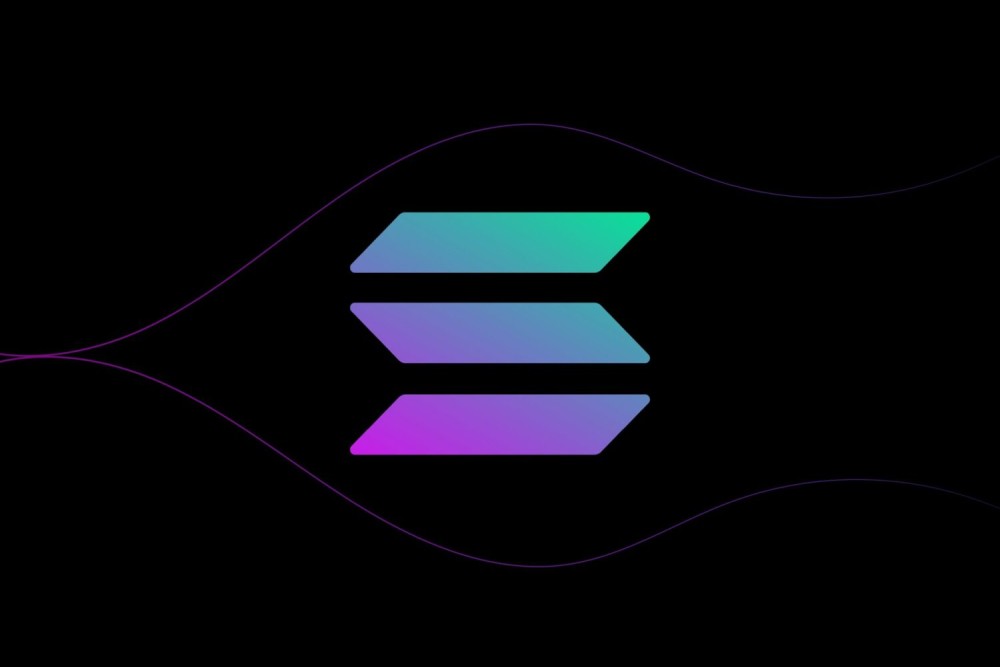The Solana Foundation has shaken up its validator program with a bold new policy aimed at strengthening the network’s decentralization. Announced on Wednesday, the change requires removing three long-term validators for every new one added, sparking discussions about the blockchain’s future resilience and fairness.
Solana’s Rule Explained
The Solana Foundation has introduced a significant update to its Delegation Program, designed to enhance the decentralization of its proof-of-stake blockchain. Under the new rules, for every new validator added, three existing validators must be removed if they have held Foundation-delegated stakes for over 18 months and have less than 1,000 SOL in external stake.
This policy, shared via the Foundation’s official channels, aims to encourage validators to become more self-reliant and attract fresh participants to the network. Notably, the policy is focused on supporting a more diverse validator pool, ensuring no single entity dominates the network’s operations.
The Foundation’s statement emphasized that this move aligns with Solana’s mission to maintain a secure, censorship-resistant ecosystem, validated by thousands of independent nodes.
Impact on Validators
This policy could reshape Solana’s validator landscape, potentially boosting network resilience by diversifying its operators. However, it raises concerns for smaller validators, who may struggle to meet the 1,000 SOL mark, risking exclusion and reducing their income.
Meanwhile, Solana’s prominence continues to grow, with ARK Invest’s recent purchase of 475,000 shares in the 3iQ Solana ETF. In addition, Canada’s OSC recently gave the green light for multiple issuers to list SOL ETFs on the Toronto Stock Exchange. The issuers include Purpose Investments, Evolve Funds Group, CI Global Asset Management, and 3iQ. These issuers believe that its staking feature will provide investors with a source of passive income while making the product more competitive.
These developments signal rising institutional interest, but the validator policy highlights Solana’s challenge to balance growth with decentralization. The blockchain’s native asset, SOL, is currently the sixth-largest crypto asset with a $71 billion market cap.
Find Cryptocurrencies to Watch and Read Crypto News on the Go Follow CryptosToWatch on X (Twitter) Now

